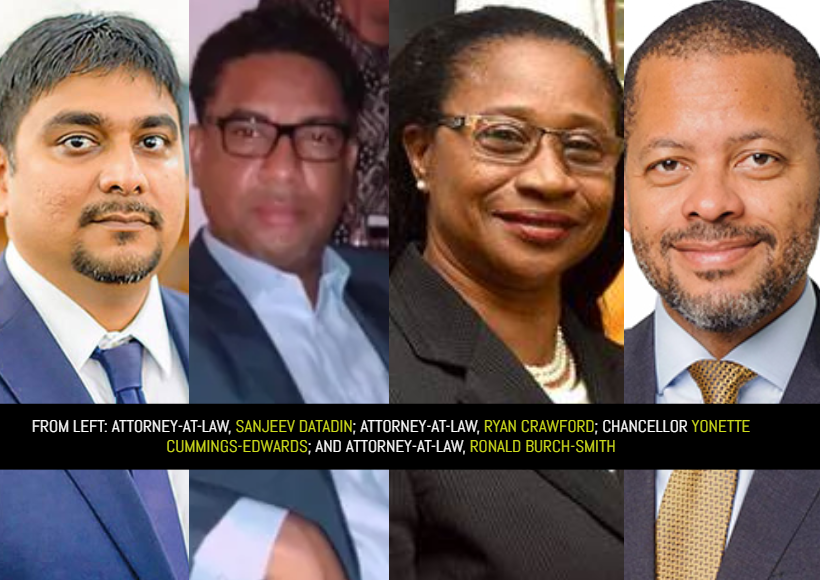Attorneys Sanjeev Datadin and Ronald Burch-Smith, representing Ryan Crawford, have written to Chancellor Yonette Cummings-Edwards to raise concerns about the apparent disregard for the statutory vacation period. According to the letter, Crawford is troubled by this violation of Section 34 of the High Court Act.
This section provides, inter alia, “In every year, the period from the 1st July to the 31st August, inclusive, or any other period appointed by rules of court, shall be observed as a vacation by the Court.”
Crawford argues that as a practicing attorney and citizen, he is entitled to the vacation period prescribed by the High Court Act. He further suggests that granting this period would benefit the entire judiciary by allowing time for essential tasks such as researching and writing decisions.
“We are instructed (and confirm from our own experience) that the High Court, at present, is conducting matters as per normal and without observance of the statutory imperatives of s. 34 of the High Court Act. The fixing of all matters except for special hearings which ought to be conducted only with leave of the Court after determining its urgency and appropriateness for the vacation period are a violation of s. 34 of the High Court Act,” Crawford’s lawyers said.
Further, they noted that the so called “vacation rules” are not provided for in the Civil Procedure Rules, “an obvious and unfortunate oversight,” but respectfully suggested that the provisions as set out in the High Court Rules 1955 (the predecessor to the current Civil Procedure Rules) be observed by a suitable direction.
Crawford’s lawyers also emphasised the need for correction, given that more than 16 days have elapsed since the period should have commenced.
“This breach of a clear statutory provision may lead to an unnecessary argument being raised – and consequently judicial time being thereby spent – about the vires of proceedings conducted in violation of the Act, a decidedly unwanted circumstance,” they noted.
While emphasizing that they “mean no disrespect,” the lawyers stated that they are obligated to notify the Chancellor that without firm, concrete, and immediate steps to fully and effectively comply with Section 34 of the High Court Act, they are instructed to seek enforcement through a Court Order.













